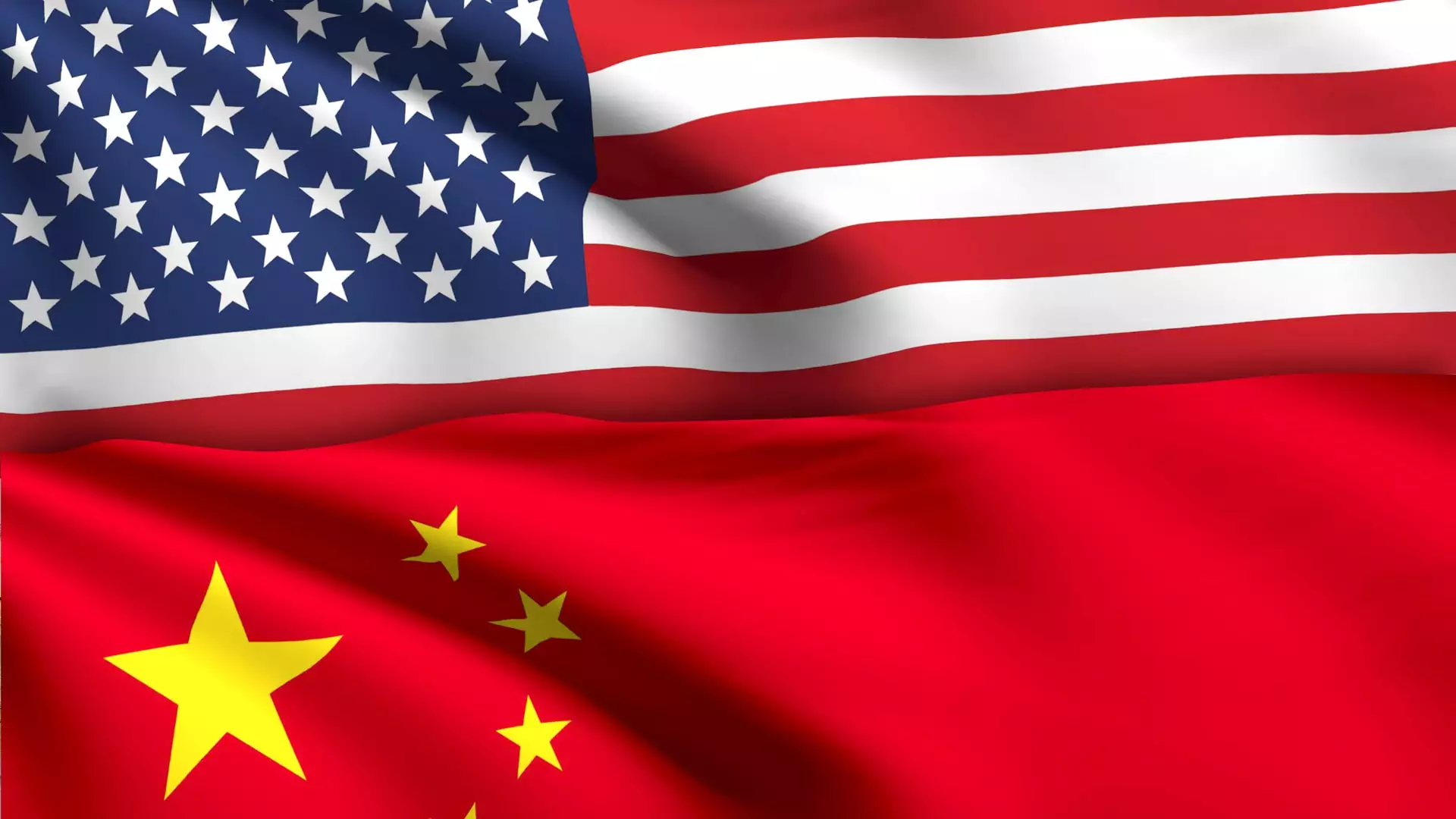The recent survey conducted by the China General Chamber of Commerce in the U.S. revealed that the majority of Chinese enterprises remain optimistic about the U.S. market in the long term. Despite concerns about U.S.-China relations and the overall business environment, nearly 60% of companies are looking to maintain a stable level of investment, with around 30% planning to increase it. The positive future revenue expectations expressed by the majority of respondents reflect a commendable sense of optimism, determination, and resilience in the face of challenges.
The survey highlighted some of the key challenges faced by Chinese companies operating in the U.S. market. Over 60% of survey respondents noted a deteriorating business environment in the country, with concerns about a “stalemate in Sino-US bilateral relations political and cultural relations” increasing significantly to 93% from the previous year. The Biden administration’s tightening restrictions on Chinese businesses, including new sanctions and increased scrutiny, have added to the uncertainty and complexity of the regulatory environment.
The challenging market environment has had a significant impact on the profitability of Chinese companies in the U.S. Many firms reported a decline in revenue, particularly those experiencing significant drops of more than 20%. The performance downturn last year was comparable to that of 2020 during the peak of the coronavirus pandemic, indicating the extent of the challenges faced by Chinese enterprises in maintaining financial stability.
One of the main challenges identified by survey respondents was the complexity and vagueness of U.S. regulatory and sanction policies towards Chinese companies. More than 65% of respondents cited this as a major obstacle in branding and marketing efforts. Additionally, pervasive anti-China sentiment in American public opinion was highlighted by 59% of respondents as a significant branding and marketing challenge. These results underscore the intricate policy environment and the negative public sentiment influenced by ongoing U.S.-China trade tensions.
Hu Wei, CGCC chairman and President and CEO of Bank of China U.S.A., emphasized the importance of strengthening coordination between Chinese and U.S. companies to reduce trade frictions and policy barriers. He highlighted that trade and investments have always been the cornerstone of U.S.-China relations, despite the uncertainties and challenges. China remains the U.S.’ third-largest trading partner and largest importer, indicating the significance of maintaining a strong and collaborative relationship between the two countries.
While Chinese enterprises operating in the U.S. face significant challenges and uncertainties, the majority remain optimistic about the long-term prospects of the market. By addressing the regulatory, branding, and marketing challenges, as well as enhancing coordination and collaboration between companies from both countries, Chinese enterprises can navigate the complex business environment and continue to thrive in the U.S. market.


Leave a Reply